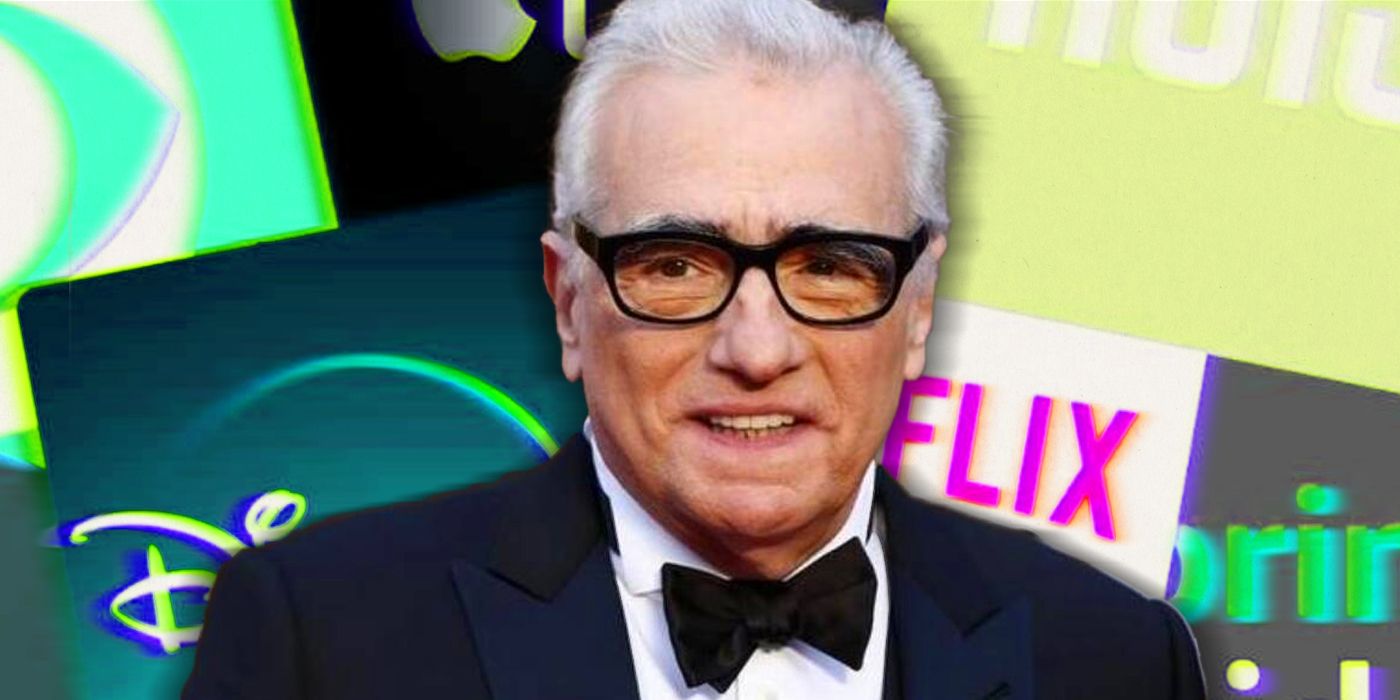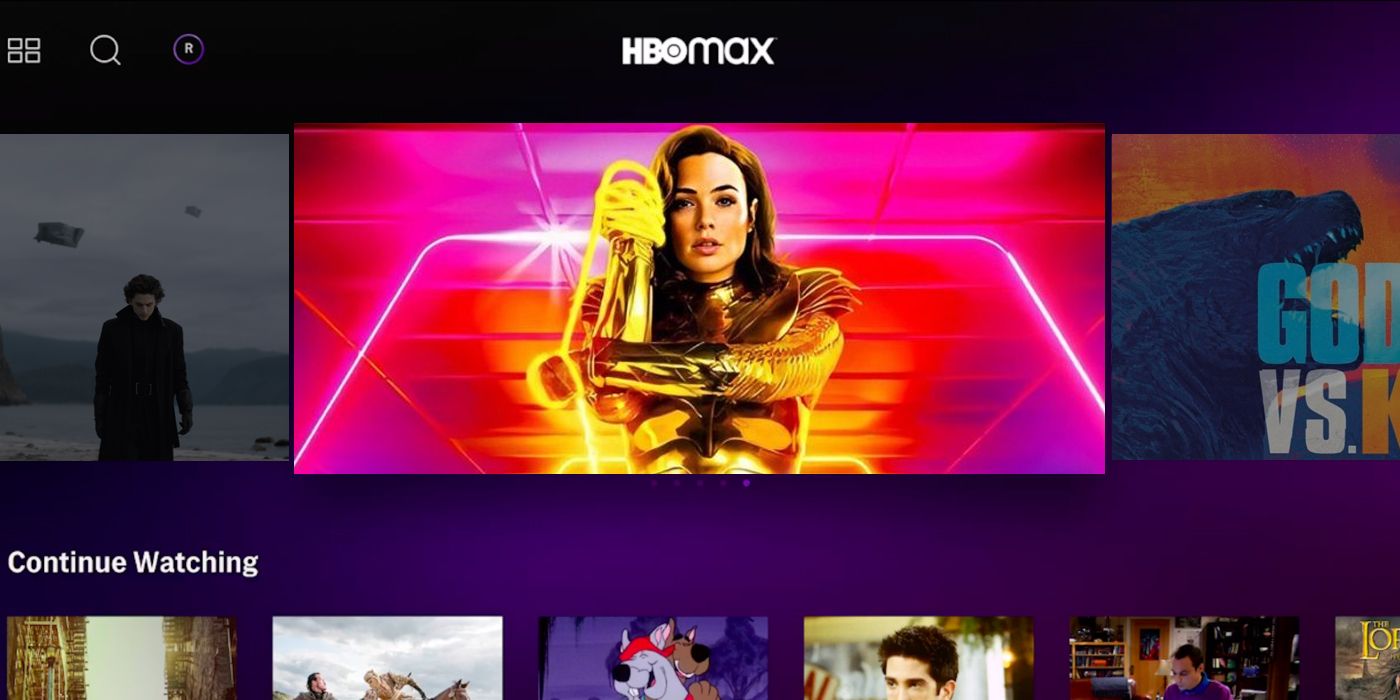Martin Scorcese is once again critiquing the modern-day movie industry in his latest lyrical essay honoring legendary Italian filmmaker Federico Fellini. This time, Scorcese is right, pointing out fault with the algorithms streaming services use to distill art into its most basic form: content.
The internet is ablaze, ready to paint Scorsese as an elitist snob for these criticisms, especially after his judgement on Marvel movies not being artistic enough to be called "cinema." While Scorsese was wrong to depreciate Marvel movies, his point of contention with streaming service algorithms is not to devalue one type of cinema over the other, but to call attention to the experience of at-home viewing being monetized. The way people share art communicates its own set of emotions that a genre-reductive algorithm simply can't process.
The poignancy of a film is in how the creators show an idea, not what they show. Scorcese declares, "the art of cinema is being systematically devalued, sidelined, demeaned, and reduced to its lowest common denominator, 'content.'" The history of the buzzword "content" used to be something to be contrasted with form, or the style in which an idea was depicted. Now, with streaming becoming the most viable platform for exhibiting movies, the term is replacing "cinema" and has come to represent all that there is a to a film. Content, or the "what" in a film, has foregrounded the business side of film exhibition and turned at-home viewers into consumers.
Scorcese goes on to say that, "[streaming] has created a situation in which everything is presented to the viewer on a level playing field, which sounds democratic but isn’t. If further viewing is “suggested” by algorithms based on what you’ve already seen, and the suggestions are based only on subject matter or genre, then what does that do to the art of cinema?" Since the streaming algorithms can only circulate films on the basis on superficial subject matter, the viewer is closed off to a strict definition of content.
The art of cinema is the way it communicates feelings, moods and themes to the viewer that can't be factored into an algorithm. A film released on a streaming site can get lost in the sea of titles and lumped into a genre category that belies the film's scope. The purpose of curating is to have a human element assemble and present bodies of films that speak to the ecosystem they were produced in and to have the films elevate each other.
It is the difference between a friend recommending a movie to you on the basis of merely being a comedy, as opposed to recommending it because they know you like films with whimsical depictions of childhood. It would be the same as categorizing paintings in a museum based on color. The emotions a film communicates goes beyond the film and is alive in the way people share them. The act of movie-going made cinema an event where people could gather and share the experience. Streaming at home makes watching a movie a solitude act and a business transaction.
Scorcese hailed curated streaming platforms, like MUBI and the Criterion Channel, as the last vestiges of keeping the conversation of cinema alive, almost like a virtual museum of movies. While it is great that streaming lays a banquet of films for the public to sample, the films themselves are treated like goods to be sold, instead of art to be given. While streaming algorithms only care about a movie's content, films will always inspire so much more than their label.
Whether or not Scorcese comes off as elitist, which is missing the point of his argument, his observation of how streaming services are changing the way we experience movies is spot on. Algorithms mechanize the way art is presented, leaving out all the fleshy bits and only dealing in skin-deep labels of content. After all, the entire point of any art form is to express some feeling or idea that can't be reduced to a few key words.



